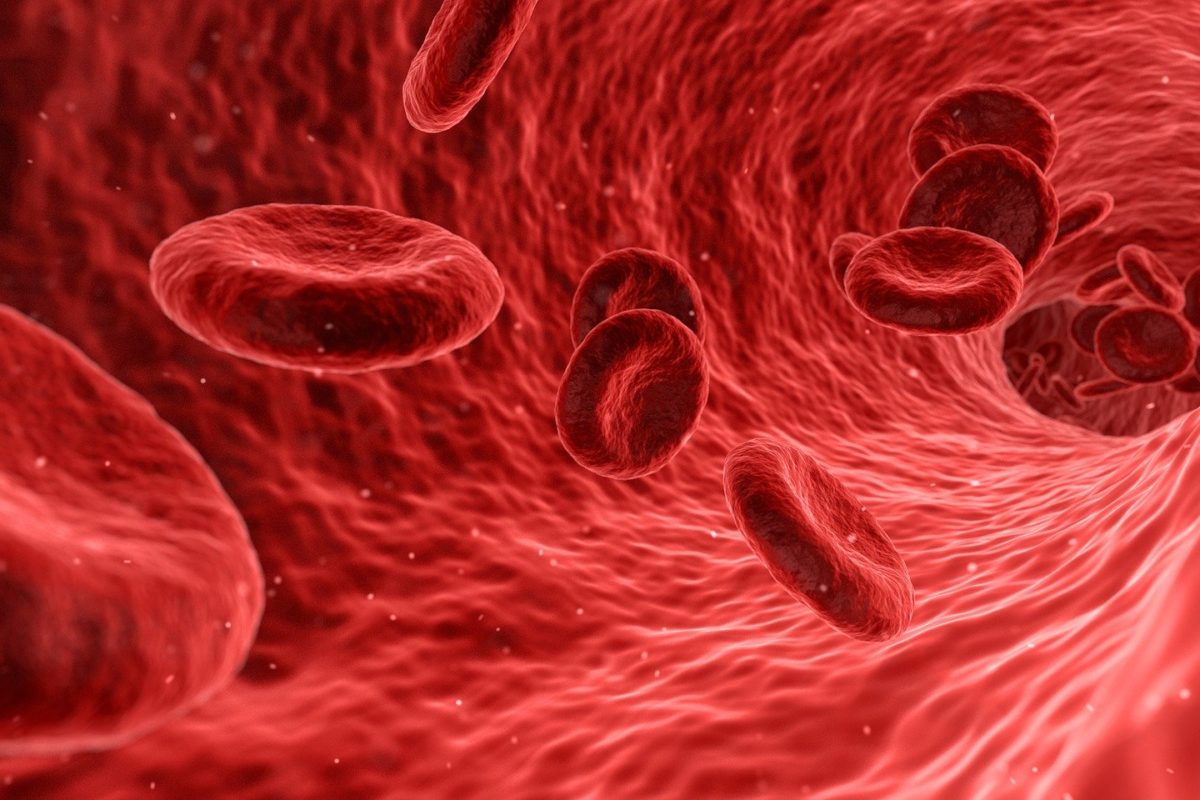Cholesterol levels drop in Western nations including New Zealand, but rise in Asia and some Pacific Island nations
4 June 2020
The largest ever global study of cholesterol levels has found that levels are declining sharply in high income, western nations including New Zealand, but rising in low- and middle-income nations – particularly in Asia and several Pacific Islands.

The new study, by hundreds of researchers from across the world led by Professor Majid Ezzati of Imperial College London was published in the journal Nature. Healthier Lives researcher Professor Rod Jackson (University of Auckland) was part of the study design team, involved in interpreting the data and writing the paper, while our Director Professor Mann (University of Otago) provided New Zealand cholesterol data and also contributed to data interpretation.
The research funded by the Wellcome Trust and the British Heart Foundation, used data from 102.6 million individuals and examined cholesterol levels in 200 countries, across a 39-year time period, from 1980 to 2018.
It revealed that high cholesterol is responsible for about 3.9 million worldwide deaths. Half of these deaths happen in East, South and Southeast Asia.
Why are cholesterol levels significant?

Cholesterol is a waxy substance found in the blood. The body needs cholesterol to build healthy cells, but too much can lead to a build-up in the blood vessels. Cholesterol comes in different types. High-density lipoprotein (HDL) ‘good’ cholesterol, which should be 1mmol/L or above, is thought to have a protective effect against heart attack and stroke, by mopping up excess ‘bad’ cholesterol.
Non-HDL ‘bad’ cholesterol, which should be as low as possible, ideally around 2mmol/L, can block blood supply and lead to heart attacks and strokes. Levels tend to increase when individuals and populations increase their intake of saturated and trans fats, which are found in many processed foods, and decrease when saturated and trans fats are replaced by unsaturated plant-based oils, Statin drugs can appreciably lower non-HDL cholesterol.
New Zealand and Pacific Islands
In New Zealand, population mean cholesterol decreased from 6.2 mmol/L in 1989 to 5.4 mmol/L in 2008/09. The change in several Pacific Island states was in the opposite direction.
“The fall in cholesterol in New Zealand is substantially larger than reported from many other high income countries. It has occurred in parallel with a reduction in dietary saturated fat, an increase in unsaturated fat, and a reduction in coronary disease mortality.
“Statin drugs will also have contributed to the fall in cholesterol and heart disease but the encouraging trend emerged before these drugs were widely available in New Zealand,” said Professor Mann.
“The challenge for us in this neck of the woods is to ensure recommendations and policies that will enable all New Zealanders to have and make food choices which will result in a further reduction in the bad non-HDL cholesterol levels. Although mortality rates have fallen, coronary heart disease remains the most common cause of death in middle-aged and older people and rates remain higher than those in Australia,” said Professor Jackson.
“Similar action is urgently required in those Pacific Island nations where cholesterol levels have increased and statin drugs need to be readily available wherever this is not the case.”
- Repositioning of the global epicentre of non-optimal cholesterol, Nature, 582, pages73–77 (2020)
- Data visualisations (ncdrisc.org)


